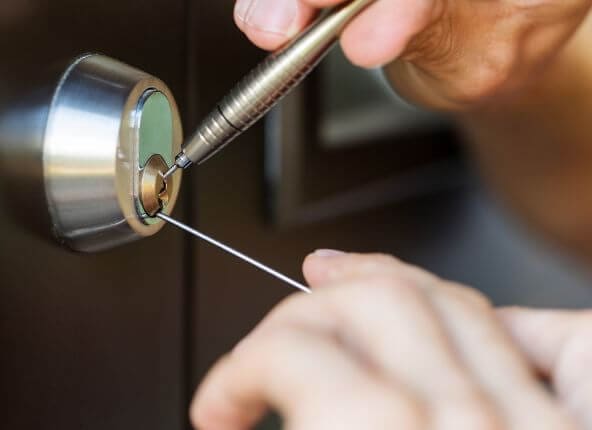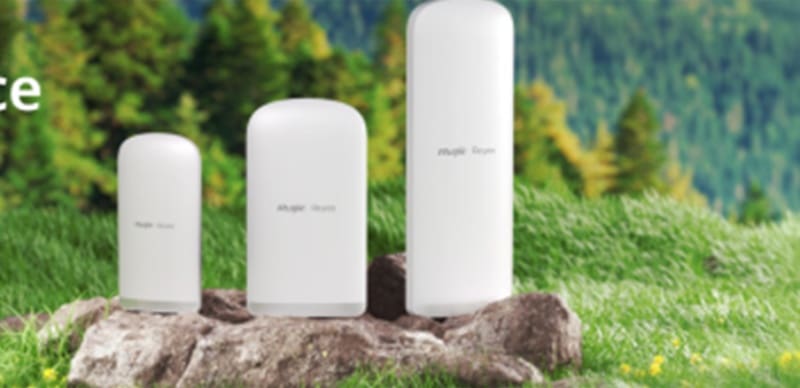
How Easy Is It To Bypass a Europrofile Lock Cylinder?
What is a Europrofile Lock Cylinder? Most people have at least one Europrofile lock cylinder...
Wireless security alarm systems combine convenience, flexibility, and advanced features, making them a popular choice for homeowners and businesses. However, selecting the ideal wireless security alarm system can be daunting. This blog will guide you through the essential considerations and features to help you make your decision.
Wireless security alarm systems utilise radio frequency signals to communicate between components, eliminating the need for extensive wiring. These systems typically consist of a control panel, sensors, cameras, and alarms that work together to detect and respond to security breaches. The wireless nature of these systems provides several advantages, including ease of installation, scalability, and remote access.
Before exploring the specifics of various systems, conducting a thorough assessment of your security needs is essential. Consider the following:
A comprehensive assessment will help you determine the type and extent of security coverage required, ensuring that you choose a system tailored to your needs.
Wireless security alarm systems come with various components and features. Understanding these will help you select a system that offers the best protection.
The control panel is the system’s brain, responsible for receiving sensor signals and triggering alarms. Key features to look for include:
User-Friendly Interface: Ensure the control panel is easy to use and understand.
Integration Capabilities: Check if the control panel can integrate with other smart home devices.
Backup Power: A control panel with backup power ensures the system remains operational during power outages.
Sensors are critical for detecting intrusions and other security threats. Common types include:
Door and Window Sensors: Detect when doors or windows are opened.
Motion Sensors: Detect movement within a specified area.
Glass Break Sensors: Trigger an alarm when glass is broken.
Environmental Sensors: Monitor for hazards like smoke, carbon monoxide, and water leaks.
Choose sensors based on the specific vulnerabilities of your property to ensure the most optimal coverage.
Cameras enhance the security system by providing visual monitoring. Consider the following features:
High Resolution: Look for cameras with high-definition resolution for clear images.
Night Vision: Ensure cameras can capture clear footage in low-light conditions.
Wide-Angle View: Cameras with a wide-angle view can cover larger areas.
Remote Access: Opt for cameras that allow remote viewing via smartphones or computers.
Alarms and sirens are essential for alerting you and deterring intruders. Features to consider include:
Connecting and integrating with other devices is a significant advantage of wireless security systems. Key connectivity features include:
Many modern systems come with mobile app integration, allowing you to monitor and control your security system remotely. Look for apps that offer:
Real-Time Notifications: Receive instant alerts for security breaches or other events.
Live Streaming: View live footage from your security cameras.
Remote Arm/Disarm: Arm or disarm the system from anywhere.
Integration with other smart home devices can enhance your security system’s functionality. Check if the system can integrate with:
Wireless systems are generally easier to install than wired ones, but installation requirements can vary. Consider the following:
Professional Installation: Professional installation ensures the system is set up correctly, though it may come at an additional cost.
DIY Installation: Many wireless systems are designed for easy DIY installation, which can save money but may require some technical know-how.
Regular maintenance is essential to ensure your security system functions correctly. Look for systems that offer:
Cost is always a factor when choosing a security system. While finding a system within your budget is important, you want to maintain essential features. Consider the following costs:
The initial cost includes the price of the control panel, sensors, cameras, and other components. Prices can vary widely based on the brand, features, and complexity of the system.
Many systems require a subscription for features such as professional monitoring, cloud storage, and mobile app access. Ensure you factor these ongoing costs into your budget.
Investing in a sound security system can lead to savings in other areas, such as reduced insurance premiums. Some insurance companies offer discounts for properties with strong security systems.
Choosing the ideal wireless security alarm system involves balancing your security needs, desired features, budget, and convenience. Here are some tips:
Contact us today to find the ideal security alarm system for your business or home.

What is a Europrofile Lock Cylinder? Most people have at least one Europrofile lock cylinder...

Losing a car key or dealing with a broken one can be a frustrating experience...

If you’ve ever asked yourself that question, then this is the article for you. Consider...
Lorem ipsum dolor sit amet, consectetur adipiscing elit.
For further information about Amberley Security, please do not hesitate to get in touch. We are always happy to help.